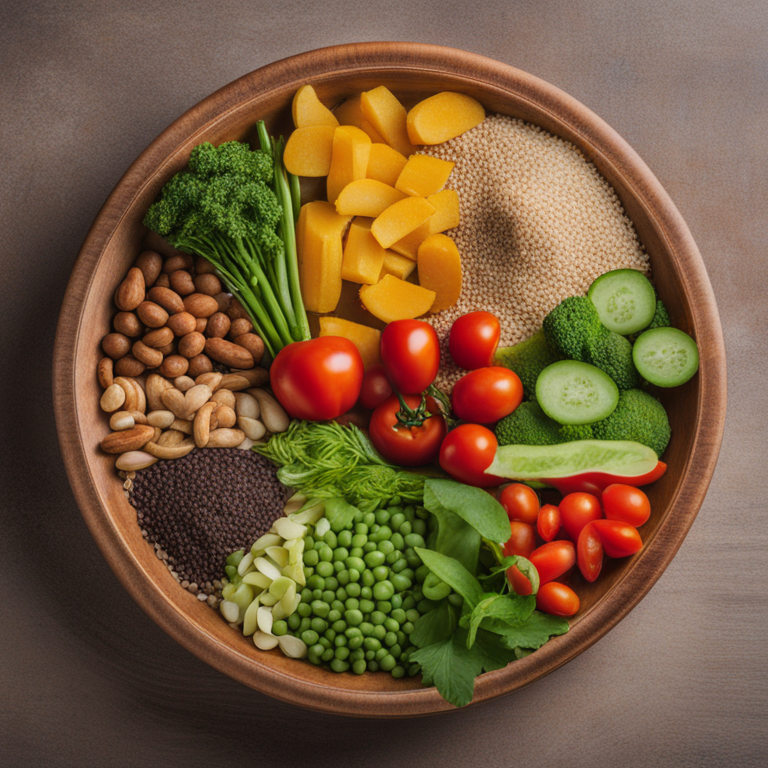The Rise of Plant-Based Diets in India
Introduction
India, known for its rich and diverse culinary heritage, is witnessing a major shift in dietary preferences with the rise of plant-based diets. From ancient Indian traditions like Ayurveda to modern health and environmental concerns, there are several factors contributing to this growing trend. In this blog post, we will explore the reasons behind the rise of plant-based diets in India, the benefits of such diets, and provide tips for incorporating more plant-based foods into your daily meals.
Factors Contributing to the Rise of Plant-Based Diets in India
1. Health Consciousness: With the increasing prevalence of lifestyle diseases like diabetes, heart disease, and obesity, many Indians are turning to plant-based diets as a way to improve their health. Plant-based diets are rich in vitamins, minerals, and antioxidants which can help reduce the risk of chronic diseases.
2. Environmental Concerns: The impact of animal agriculture on the environment is well-documented, with concerns about deforestation, water pollution, and greenhouse gas emissions. Plant-based diets have a lower carbon footprint and require fewer resources, making them a more sustainable choice for the planet.
3. Ethical Considerations: Many people in India have ethical concerns about the treatment of animals in the meat and dairy industry. By following a plant-based diet, individuals can avoid contributing to animal suffering and support more ethical food production practices.
Benefits of Plant-Based Diets
1. Weight Management: Plant-based diets are often lower in calories and saturated fats, making them an effective tool for weight management and weight loss.
2. Improved Digestion: Plant-based foods are rich in fiber, which can promote healthy digestion and reduce the risk of digestive disorders like constipation and bloating.
3. Enhanced Energy Levels: Plant-based diets are packed with nutrients that can help boost energy levels and improve overall vitality.
Tips for Incorporating More Plant-Based Foods into Your Diet
1. Start Slow: If you’re new to plant-based eating, don’t feel pressured to make drastic changes overnight. Start by incorporating more fruits, vegetables, whole grains, and legumes into your meals gradually.
2. Experiment with Flavors: Indian cuisine is known for its bold spices and flavors, making it easy to create delicious plant-based meals. Experiment with different spices, herbs, and cooking techniques to keep your meals exciting and satisfying.
3. Plan Ahead: To ensure you have a variety of plant-based options available, take the time to meal plan and prep your ingredients in advance. This can help you avoid reaching for convenience foods when hunger strikes.
Conclusion
The rise of plant-based diets in India reflects a growing awareness of the benefits of eating more fruits, vegetables, whole grains, and legumes. By making small changes to your diet and incorporating more plant-based foods, you can improve your health, reduce your environmental impact, and support more ethical food choices. Whether you’re interested in the health benefits, environmental considerations, or ethical concerns, there are plenty of reasons to explore the world of plant-based eating in India.
👉 [Best Deals on Amazon!](https://amzn.to/abcd) | [Flipkart](https://fkrt.it/xyz123)
